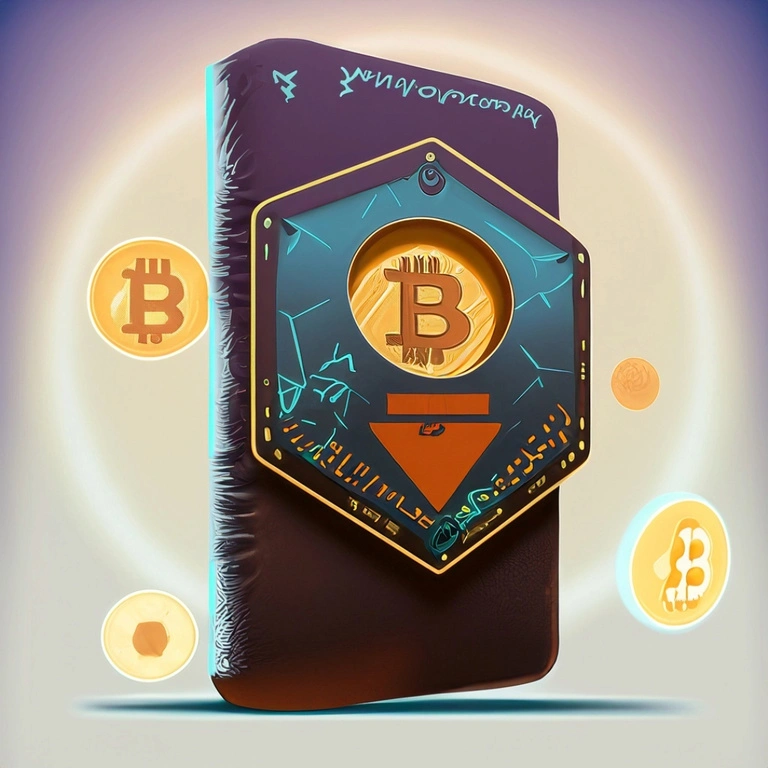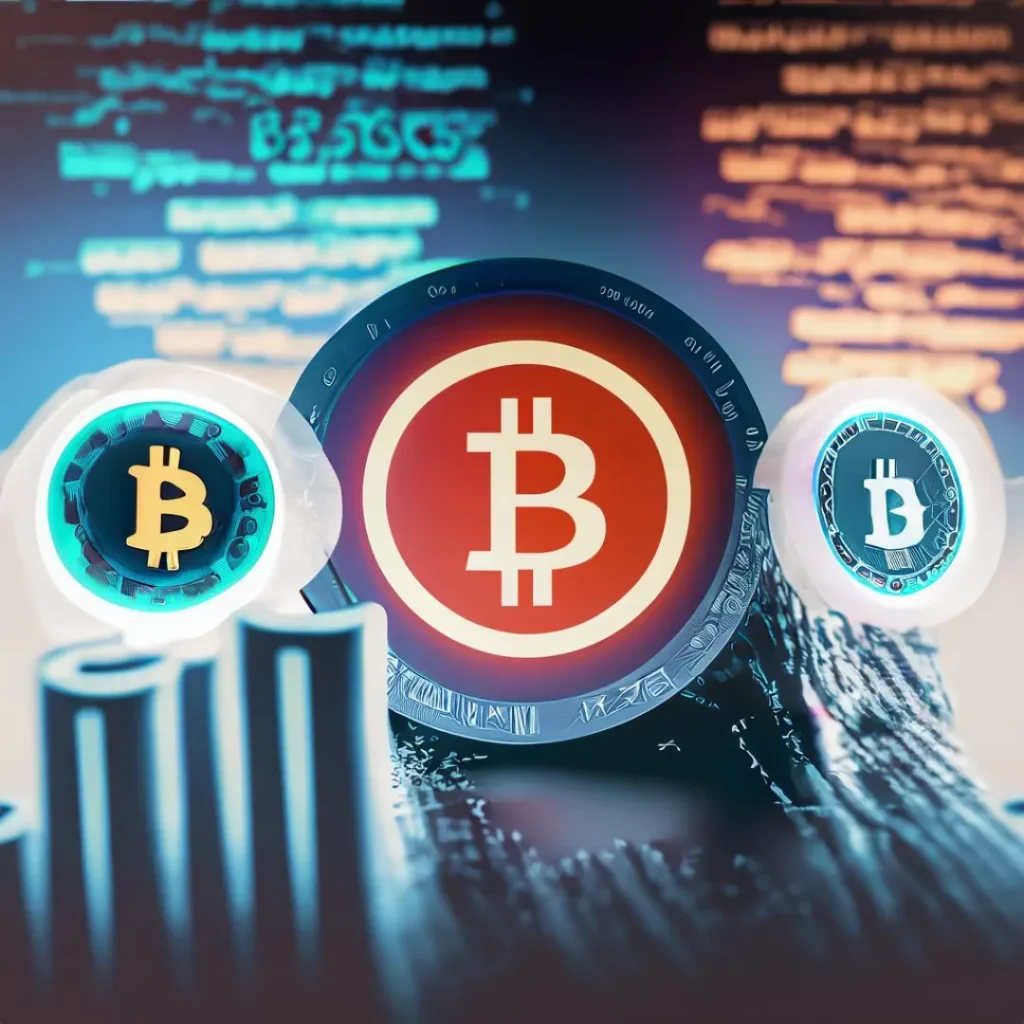Digital currencies have grown in popularity in recent years, changing the way people view and
perform financial transactions. Chinacoins, a digital currency effort of the People’s Bank of China
(PBOC), is one such digital currency that has piqued the world’s interest. Chinacoins reflect China’s bold attempt to transform its financial landscape and develop a digital currency that has
the potential to impact the global economy. In this post, we will go into the complexities of
Chinacoins, its features, possible impact, and potential obstacles.
The idea of Chinacoins came from the awareness that conventional monetary units have numerous
restrictions in a digitally connected society. The PBOC saw the need to adapt to the changing
financial world and went on a path to create a digital currency that would be secure, efficient, and
provide better control over monetary policy.
Unlike decentralized cryptocurrencies such as Bitcoin, Chinacoins are supposed to be centralized,
enabling the PBOC full control over the currency’s issuance, circulation, and management. This
provides the Chinese government with an effective means of monitoring and regulating financial
transactions. Chinacoins use a dual-tier structure in which the PBOC issues digital currency to
commercial banks, who then distribute it to the public. This framework helps to preserve the
present banking system while incorporating the benefits of digital money.
Chinacoins employ powerful cryptography techniques to provide secure and confidential
transactions. Chinacoins’s technology is expected to provide effective protection against
counterfeiting and fraud while ensuring user privacy to the level set by the government.
Chinacoins have the potential to improve financial inclusion by giving individuals who are
currently unbanked or underbanked access to financial services. Because Chinacoins are digital,
they do not require traditional bank accounts, making it easier for underprivileged communities to
engage in the formal financial system.
Chinacoins have the potential to improve financial inclusion by giving individuals who are
currently unbanked or underbanked access to financial services. Because Chinacoins are digital,
they do not require traditional bank accounts, making it easier for underprivileged communities to
engage in the formal financial system.
The use of Chinacoins may simplify cross-border transactions, lowering transaction costs and
increasing efficiency. This discovery has the potential to have a substantial impact on global trade
and commerce, particularly for China, the world’s largest economy.
Chinacoins provide the Chinese government with an effective tool for implementing and changing
monetary policy. Real-time transaction tracking can provide significant insights into consumer
behavior and economic patterns, as well as enabling targeted governmental responses.
Because Chinacoins are centralized, the government has the ability to monitor and potentially
restrict individual transactions. For general acceptance, the correct balance of privacy and
governmental control will be critical.
Scaling the digital money to support China’s large population represents a significant technological
hurdle. It is vital for the development of Chinacoins to ensure that the underlying infrastructure
can manage the transaction volume and is secure from cyber threats.
Because of concerns about China’s impact on the global financial system, encouraging foreign
acceptance of Chinacoins may face opposition. To overcome these obstacles, trust must be built
and collaborations formed with other countries.
The Chinese government has established its own digital currency, the digital yuan, as part of this
dual policy, which is discussed in the first part of the Brief. It also dislikes bitcoin, which is based
on a fully decentralized sort of blockchain. Although blockchain is best recognized as the
technology underlying bitcoin, the Chinese government’s approach to blockchain is far-reaching
and extends far beyond cryptocurrencies. It supports the use of the technology in a wide range of
disciplines, from energy conservation to urban management and law enforcement, and aspires to
be the world leader in the field.
In October 2019, China’s President Xi Jinping stated at a Politburo study session that he wants the
country to be a ‘rule-maker’ on blockchain, implying that this technology will increasingly become
a key arena in the country’s race against the United States for technological supremacy. Over the
previous two years, blockchain has been a rapidly rising sector in China.




